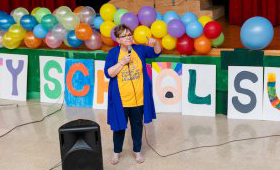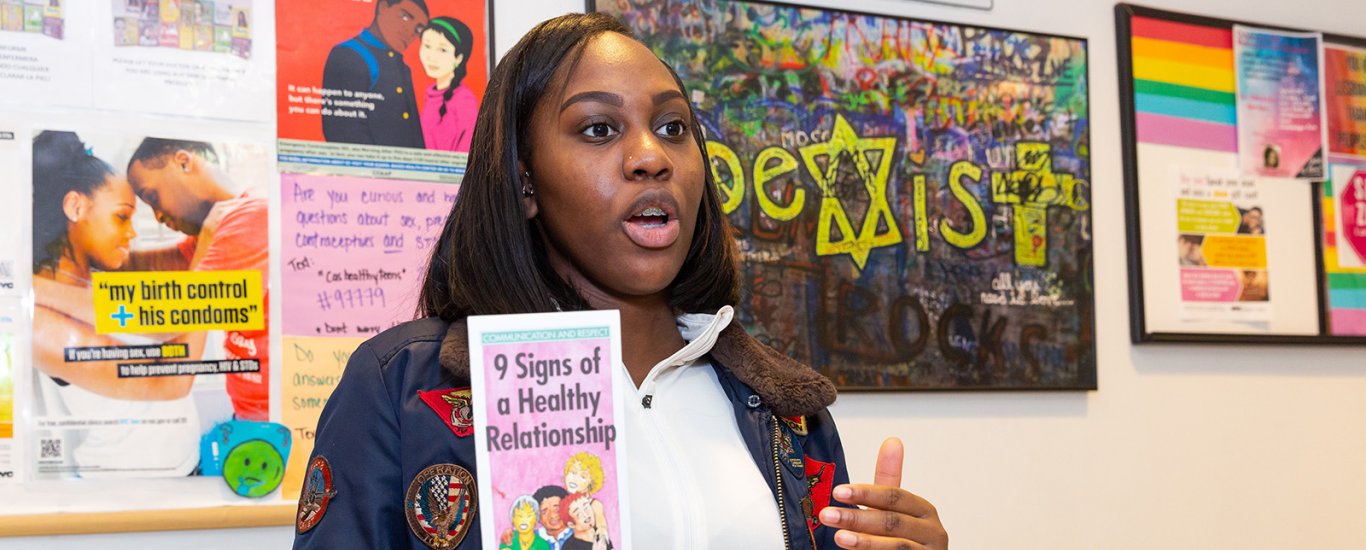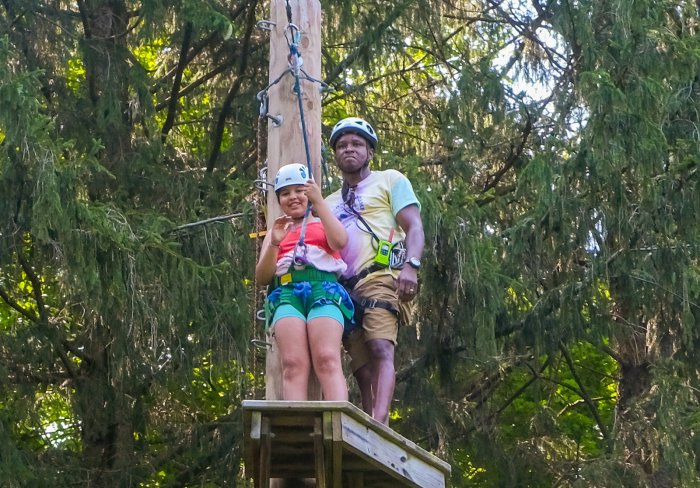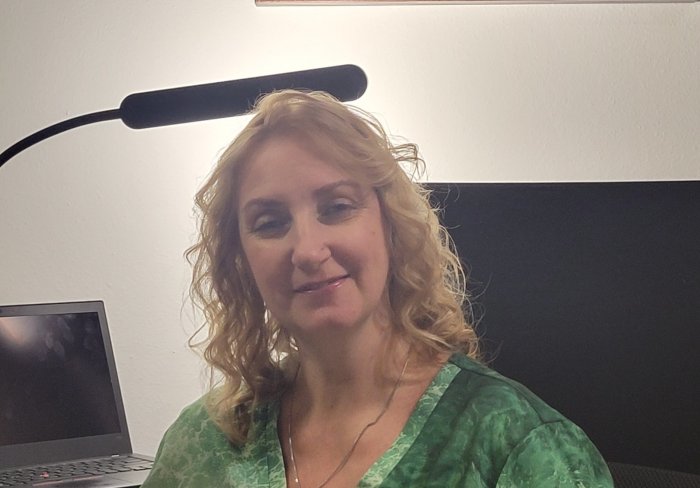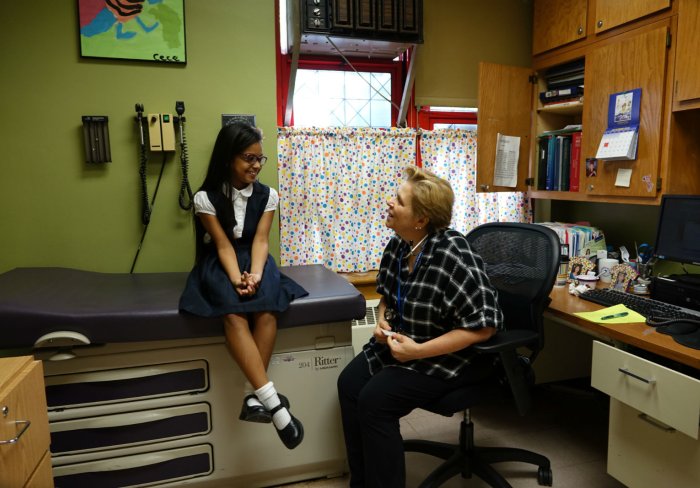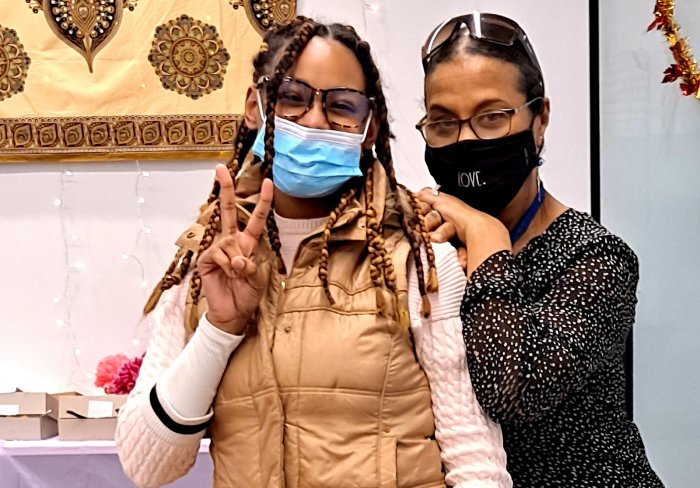May is Sex Ed for All Month, which is an opportunity for Pascale Saintonge Austin’s team of health educators and Just Ask Me (JAM) Peers to talk about sex and dispel myths for the many teens in our programs throughout the city.
While the COVID-19 pandemic has transformed our schools, workplaces, and almost every aspect of our lives Pascale, the director of family planning and pregnancy prevention programs at Children’s Aid, is not letting this pandemic stop her and her team from providing important services.
Instead of hosting in-person events this year, staff will hold a series of Zoom workshops to meet teens where they are. Pascale said this work is especially important during this period, when young people may feel even more anxious.
“Sex education doesn’t stop and sexual activity doesn’t stop during a pandemic,” she said. “Especially young people that are now more at home, they’re looking for coping strategies and trying to reach out for any kind of social circles because of the isolation that’s going on.”
To help engage young people, our JAM Peers have worked to plan and facilitate these workshops. JAM Peers are teenagers who are trained to talk to their peers about topics that may not be comfortable to discuss with adults. They talk about defining healthy relationships, getting tested for sexually transmitted infections, and preventing teenage pregnancy.
The workshops, which will take place throughout May, tackle topics such as mental health, contraception, healthy romantic relationships, and how to improve communication with family members now that many people are stuck indoors.
Every Monday, teens will also get a virtual tour of our teen friendly community health centers in the Bronx and Harlem. On Thursdays, staff will break down important information about sexual and reproductive health in a series called “Sex Ed 180.” Each YouTube video is 180 seconds.
Young people will also have access to the J.A.M newsletter, a free newsletter that provides sexual educational resources through original content like articles, interactive games, and artwork by young people.
According to Pascale, young people have reacted very differently to this situation. Some are very anxious and withdrawn while others believe the virus will not affect them because they are young.
The point of these workshops will be to “answer any myths that they have in terms of COVID-19, along with reengaging them because for those who are not isolating themselves, who are out and about, sexual activity doesn’t stop,” she said.
To access these workshops, follow @justaskmesexed on Instagram and Children’s Aid’s Just Ask Me on YouTube.

